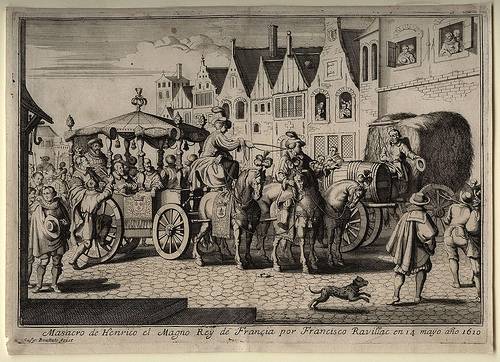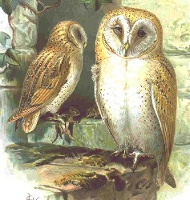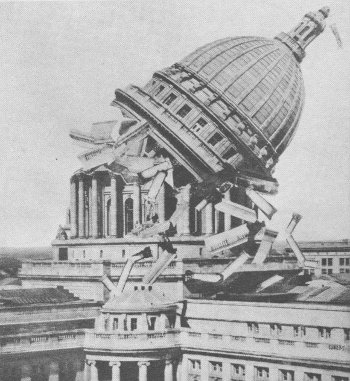
1916 saw a poetic flowering across the United States — a series of public gardens cultivating the plants mentioned in Shakespeare’s plays, to commemorate the 300th anniversary of the Bard’s death. The one above is at Vassar, but similar installations appeared at Cedar Rapids, Iowa, Rockefeller Park in Cleveland, and Central Park.
New York’s garden filled two acres with violets, wind-flowers, bloodroot, hepatica, rock-dress, English daisies, spring beauties, shooting stars, candytuft, forget-me-nots, and moss pinks, as well as an oak transplanted from Stratford-on-Avon. But its participation is surprising: In 1890 a similarly romantic impulse there had led to much darker results.
Bonus factoid: Shakespeare and Cervantes died on the same date but on different days. How? Both died on April 23, 1616, but at the time England was following the Julian calendar and Spain the Gregorian — a source of oddities in itself.




